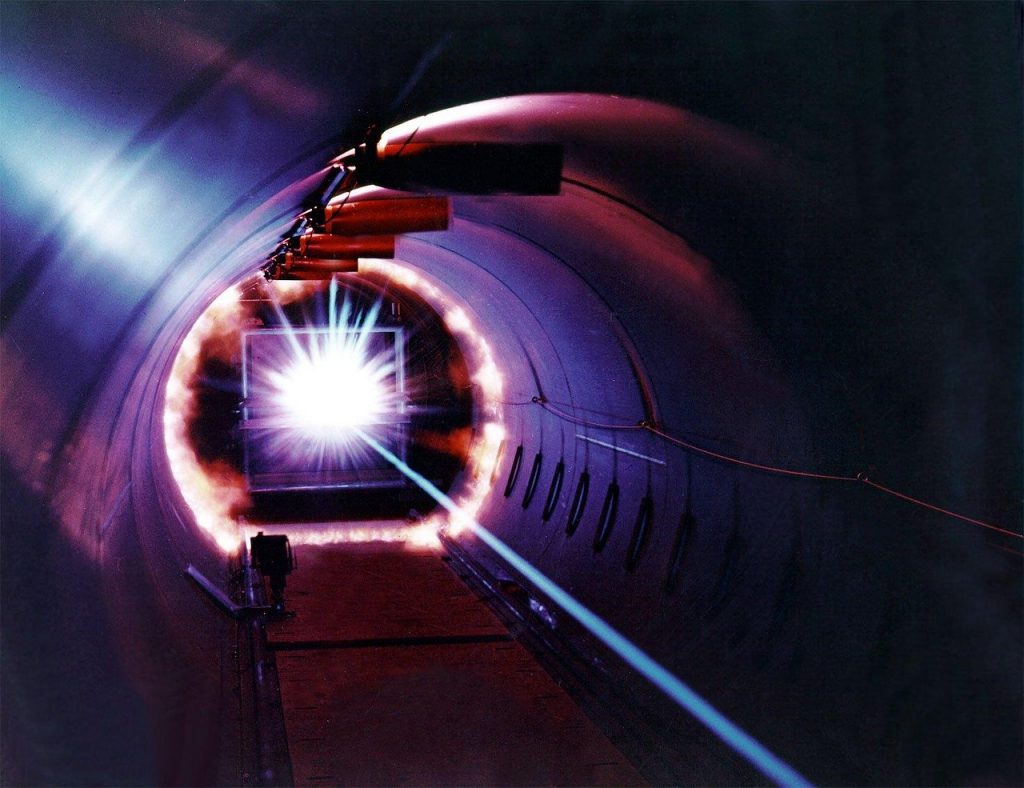Quantum breakthrough in optics

Scientists have achieved a major breakthrough in optics. Using quantum materials, they have experimentally confirmed for the first time high-order harmonic generation (HHG) in the terahertz (THz) range, including even frequencies. This was previously impossible due to the symmetry of most materials.
HHG allows the conversion of light to higher frequencies, opening up access to otherwise inaccessible parts of the electromagnetic spectrum. Graphene has long been a promising candidate, but due to its perfect symmetry, it only produces odd harmonics.
In the study, published in Light: Science & Applications, a team led by Prof. Miriam Serena Vitiello used topological insulators (TIs), materials that conduct electricity on the surface while being insulators on the inside. They have unique quantum properties due to strong spin-orbit coupling and time-reversal symmetry.
The researchers used split ring resonator (SRR) nanostructures and combined them with thin Bi₂Se₃ layers and (InₓBi₁₋ₓ)₂Se₃ heterostructures. Using a 2.5 W THz quantum cascade laser, they achieved light amplification and observed HHG at 6.4 THz (even) and 9.7 THz (odd).
The results confirm theoretical predictions and enable the development of compact THz light sources, sensors, and ultrafast optoelectronic components. The progress shows the great potential of quantum materials for future technologies. Among them, communications, medical imaging, and of course quantum computing stand out.






























